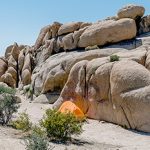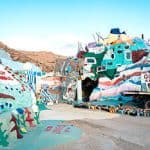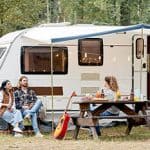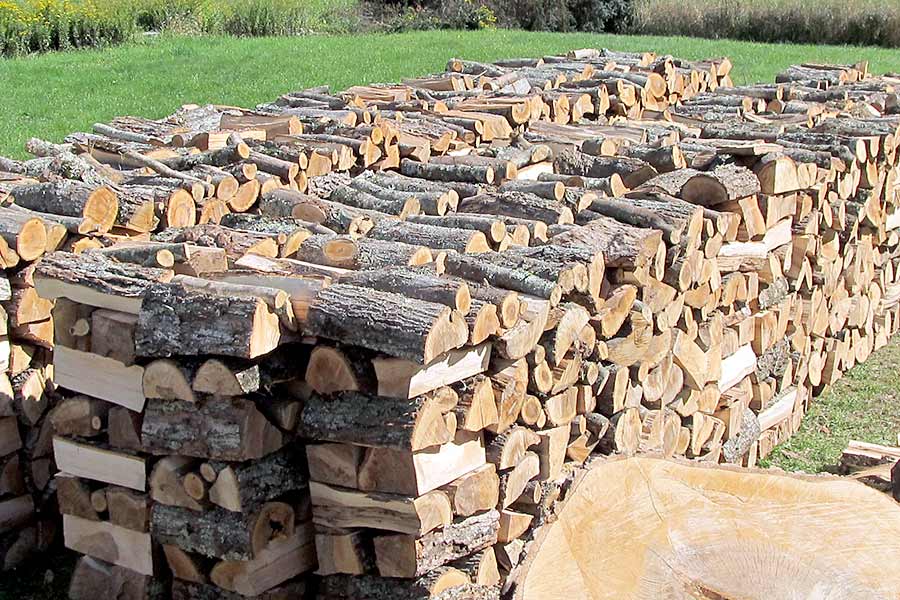
Are you planning a camping trip or a backyard fire and trying to decide on the best type of wood to use? One of the biggest debates revolves around whether to use hardwood or softwood.
Each type has unique characteristics that can impact the quality of your fire and overall experience. Some people swear by hardwood for their fires, while others prefer softwood. It’s a divisive topic with varying opinions, so we’re going to break it down for you.
In this post, we’ll explore the differences between hardwood and softwood, the pros and cons of each type, and why you should consider one over the other. So, whether you’re a seasoned camper or want to roast hotdogs in the backyard, keep reading to find out which type makes the better campfire.
Deciding Between Softwood and Hardwood
The truth is both types of wood have advantages and disadvantages when building a campfire. So let’s take a closer look at each one.
They are derived from two distinct types of trees. Hardwood varieties are obtained from deciduous trees such as oak, maple, and birch, while coniferous trees – including pine, hemlock, and spruce – provide softwood. Knowing these differences is essential to make the best selection for your fire.
Hardwoods tend to have greater energy (BTU) per unit volume than softwoods; however, this is not something to be taken as an indication that they’re always the best fuel. Softwoods also have their advantages when it comes to camping and backyard fires.
Hardwood
When comparing the two, hardwood is the option that produces long-lasting fires. This feature makes it an excellent choice for campers who need a steady heat source that lasts throughout the night and doesn’t require constant tending.
Hardwood also produces less smoke and sparks than its softwood counterparts, making it preferable for camping in drier weather. These are important considerations, especially with the increasing risk of wildfires in certain regions.
On the other hand, there are some drawbacks to choosing hardwood as your wood of choice. For starters, it’s usually more expensive than its softwood equivalent. Additionally, it takes more time to dry out than softwood, so if you’re cutting your own, you’ll have to allow the appropriate length of time for seasoning.
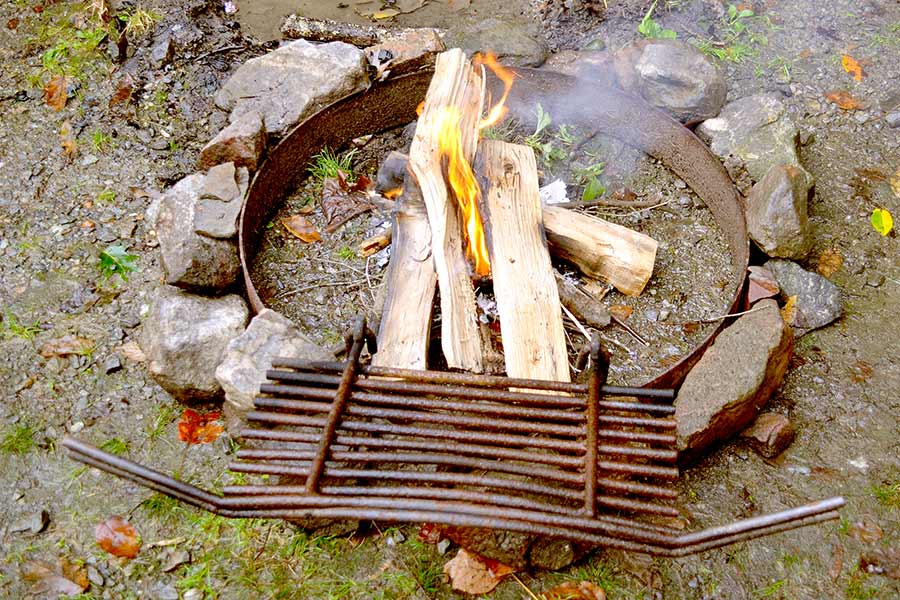
Other Posts of Interest
- What Is Heat Treated Firewood? And Why It Matters
- Is It Safe To Burn Treated Wood In A Campfire?
- Can You Start A Campfire With Gasoline?
- 20 Ways To Cook Over A Campfire
Softwood
Pine or spruce are popular, especially for those new to fire starting. One of the main advantages of using softwood is that it is typically less expensive than hardwood.
Another benefit of softwood is that it is less dense, has pitch, and burns quickly and easily, making it easy to start your fire. This is particularly useful when building a fire may be challenging due to subpar weather or limited time.
Softwood also produces a lot of heat initially but burns fast, making it a practical fuel for warming yourself up quickly or if you want a fire for a short period to heat some food. So this makes softwood a popular choice for these types of situations where quick, short-lived fires are needed.
Finally, it is lightweight and easy to transport, which is excellent news for campers who need to carry their firewood with them. Its lighter weight allows it to be transported more easily. Softwood produces more smoke than hardwood, but it’s still a great option in the right situation.
So, which makes a better campfire, hardwood or softwood? The answer depends on your personal preferences and the conditions you’re camping in. Hardwood has greater energy per unit volume, so hardwood is the way to go if you want a long-lasting fire that produces minimal smoke and sparks. But softwood might be a better choice if you need to start a fire quickly or in adverse conditions.
Let’s Get the Fire Burning
Whether you opt for hardwood or softwood, the most significant factor to consider is that your wood must be completely dry and well-seasoned. Wet or green wood can be challenging to start, and it produces more smoke, which could make for an unpleasant experience for everyone involved. Therefore, whatever type you decide on, make sure it’s adequately dried before you begin.



